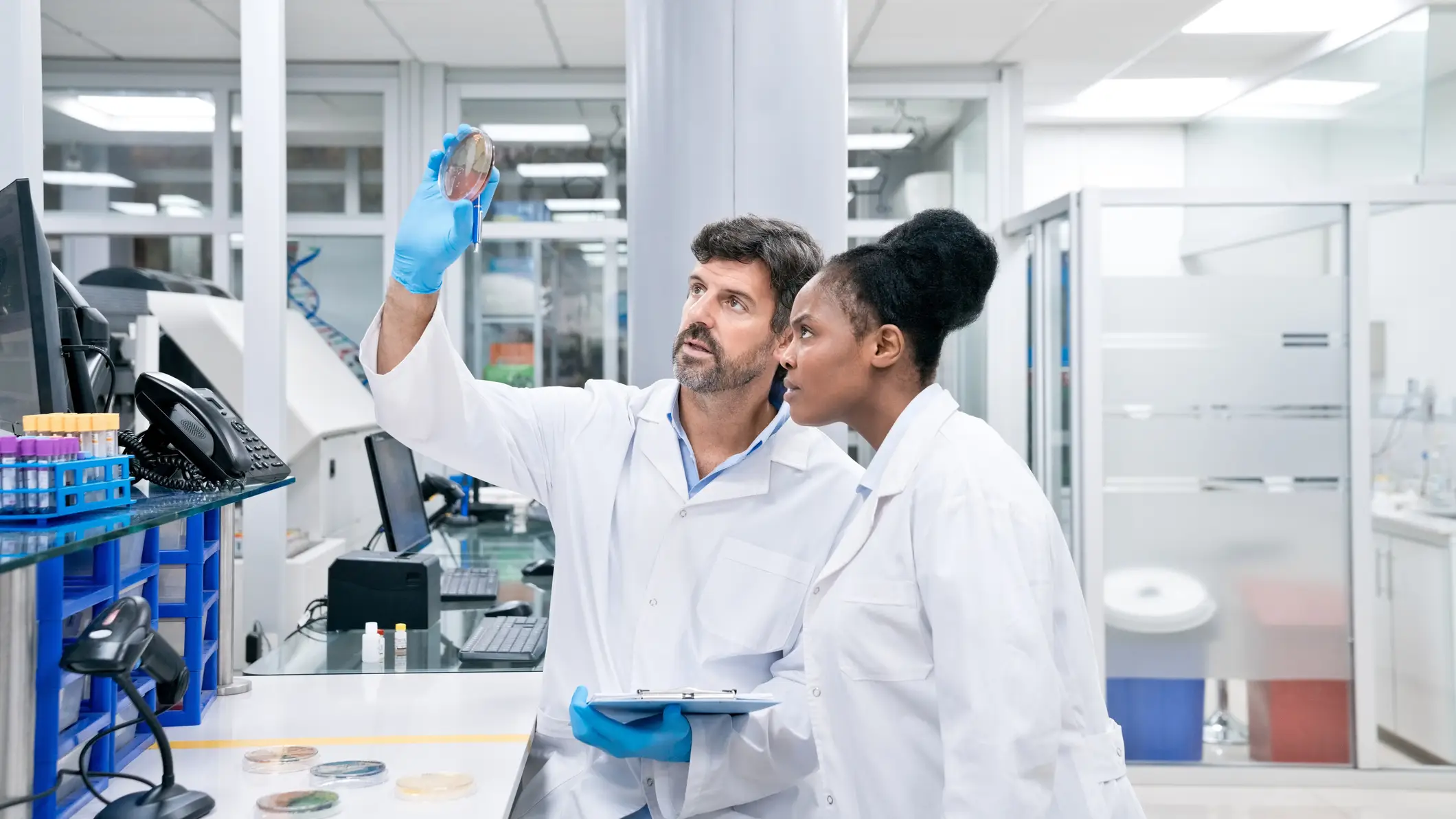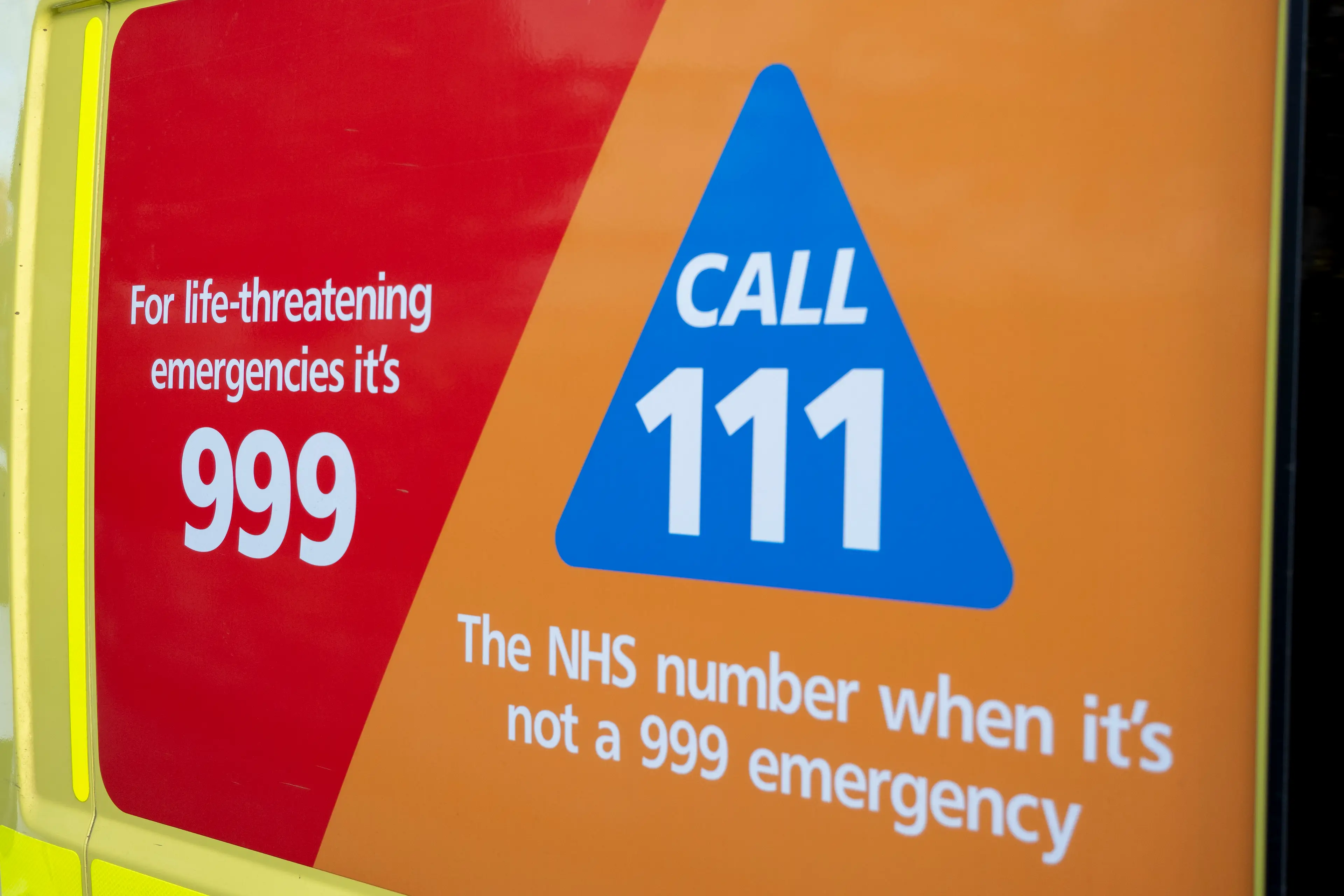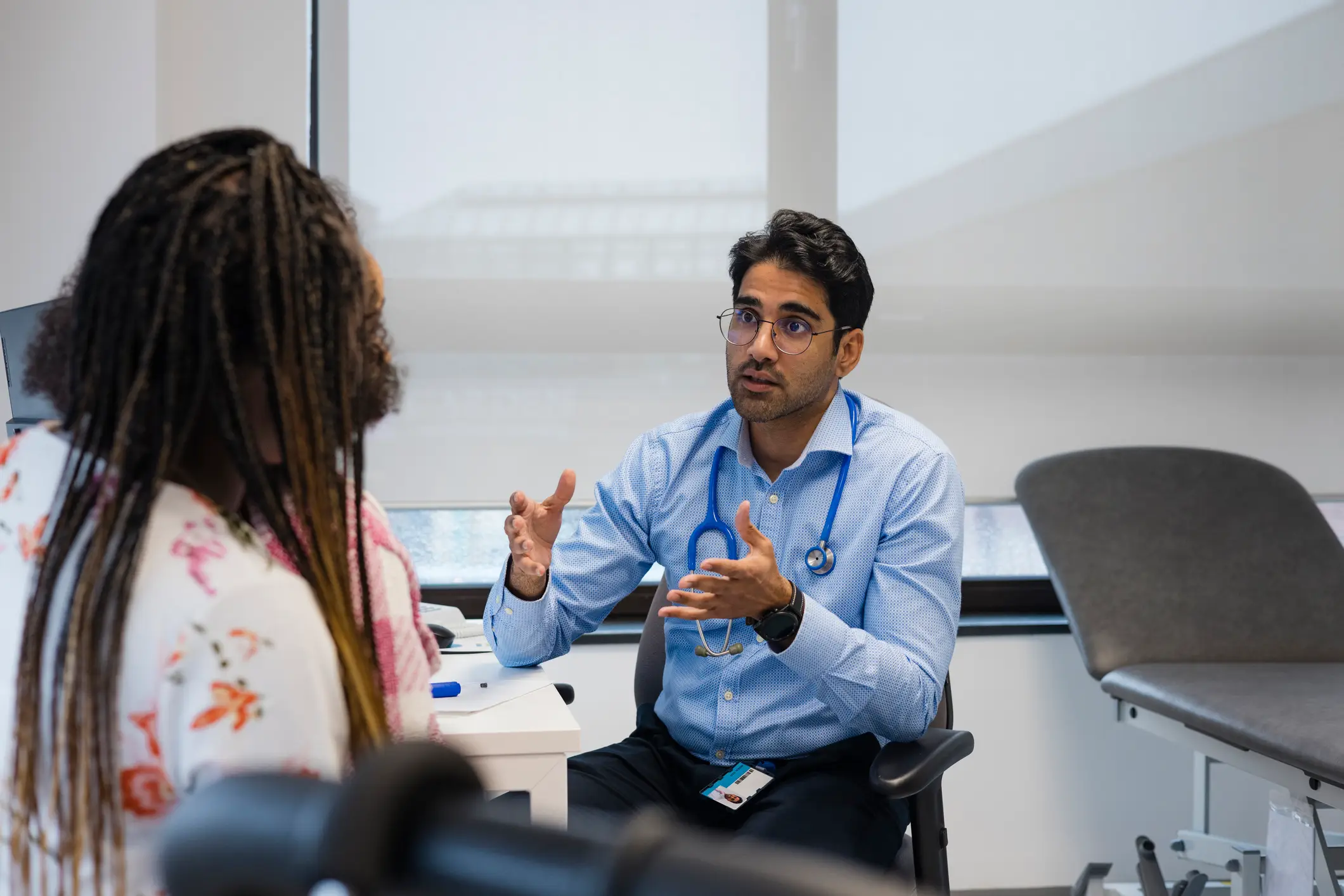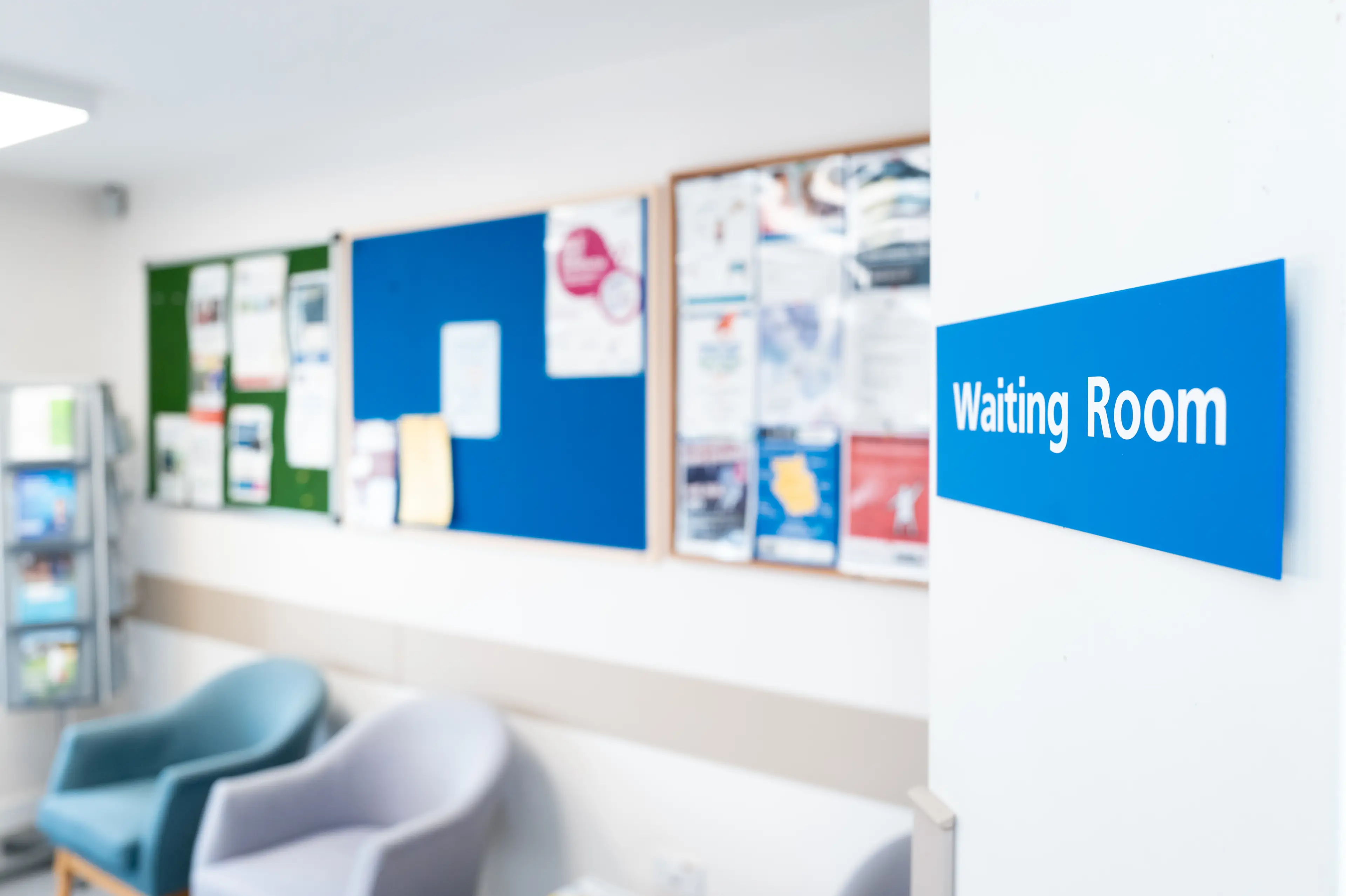
A new AI model could help the NHS predict what diseases people are likely to get later on in life, but concerns have been raised over training it on medical data.
Artificial intelligence is not all for churning out digital slop in the form of generated images or coughing up a few pages of dreck masquerading as the written word.
Sometimes instead of replacing genuine human endeavour with a poorly generated facsimile it's actually quite a useful tool which may enhance what people can do.
The medical profession is one of these areas where it could help, and a new AI model called Foresight could one day be used to give a good idea of the sort of health issues you can expect as you get older.
Advert
They say that prevention is cheaper than the cure, and if doctors could get some advice on the sort of diseases and conditions to look out for in their patients it could save a lot of misery further down the line.

Foresight was first developed in 2023 and used GPT-3, the large language model which formed the basis of the first ever ChatGPT.
However, New Scientist reports that Dr Chris Tomlinson and University College London have scaled up Foresight into a 'national-scale generative AI model of health data'.
It's used eight different datasets collected by the NHS in England between November 2018 and December 2023, comprising 10 billion different health events for around 57 million people - roughly the population of England itself.
The data collected includes outpatient appointments, hospital visits, vaccination data and records, and while the AI is still being tested, Dr Tomlinson has said: "The real potential of Foresight is to predict disease complications before they happen, giving us a valuable window to intervene early, and enabling a shift towards more preventative healthcare at scale."
However, just as there are major concerns about feeding content to AI to train it, there are worries that giving Foresight medical data connected to millions of people could risk identifying people.

Michael Chapman, of NHS Digital, said that the data fed into Foresight is 'de-identified', so you shouldn't be able to tell who someone is with the information you give the AI.
However, he did add that there was always going to be a risk that someone could be identified through this information even without direct information about who they are.
Chapman said it was 'very hard with rich health data to give 100 percent certainty that somebody couldn’t be spotted in that dataset'.
He said they run the AI in a 'secure' environment to protect the data being used, but the acknowledgement that you can't entirely guarantee someone couldn't be identified may end up being a risk.
Dr Luc Rocher of the University of Oxford said: "The scale and richness of NHS data required to train generative AI models makes ‘de-identifying’ such complex patient information notoriously challenging.
"De-identification carries a significant risk that patterns remain which could, inadvertently, lead back to individuals."

Dr Wahbi El-Bouri, Senior Lecturer in Digital Twins and In Silico Trials, University of Liverpool, said: "The NHS is uniquely positioned in the world as having centralised healthcare data across a diverse, large population.
"Exploitation of this data is vital to help improve health outcomes in the UK. There are numerous projects that are trying to use local NHS Trust data to develop similar AI models, but Foresight goes beyond that by attempting to develop these models over all Trust data in England.
"Developing these AI models requires good quality data. Researchers who have worked with NHS data will know that data quality can often be poor, with large amounts of missing data, or incorrect reporting.
"This will be a fundamental problem the project will come up against, as the AI model can only be as good as the data input. I should also note that prevention of disease is a key goal of the NHS to reduce pressure on the health service.
"While such a project may go some way towards this goal by predicting what may happen next for a patient, for example if they are at higher risk of a heart attack, it does not tackle real prevention of illness.
"NHS data is the wrong type of data to tackle prevention as when someone has visited the NHS it is because something is already wrong. As a result, we miss out on learning from healthy individuals whose data is rarely collected."
Topics: AI, NHS, Artificial Intelligence, Health, Technology, UK News